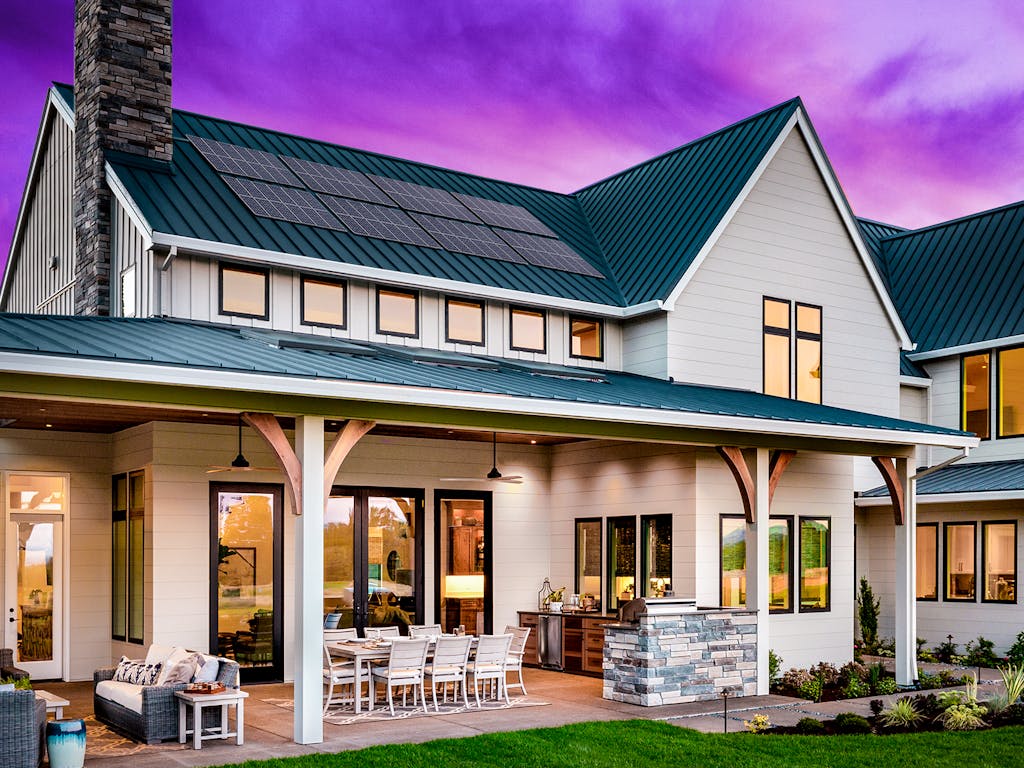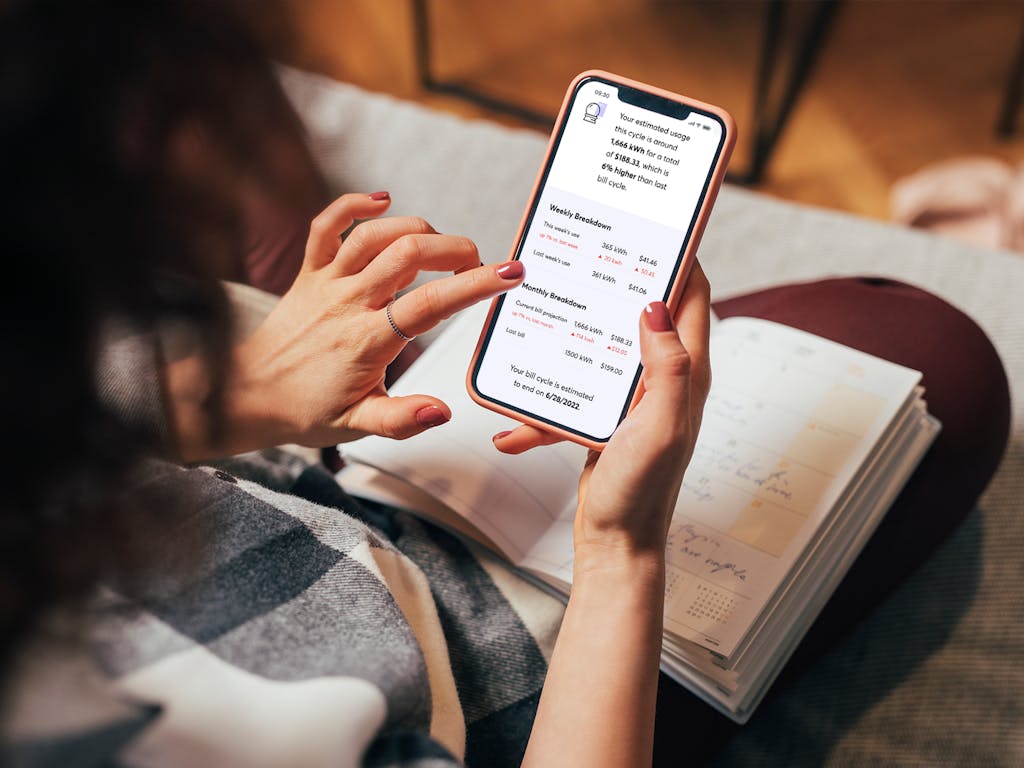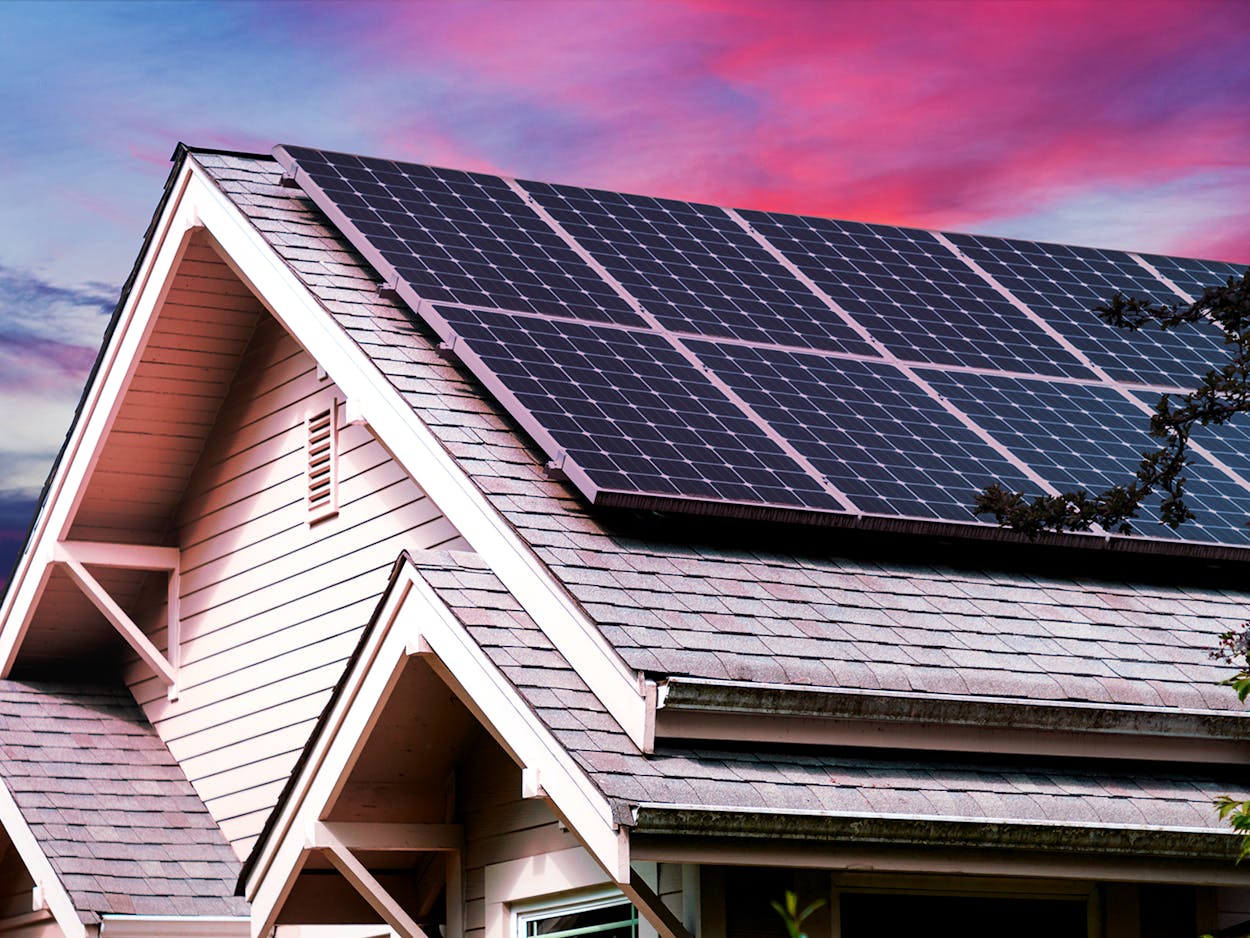My name is Alex Bobrek and I’m a Data Science and Analytics Engineer, who recently went solar with Rhythm Energy, a renewable energy provider in Texas. And although I have many years of experience with data, analysis, and modeling investment decisions, I had to research this one from scratch. To start, I read a bunch of articles on the internet on solar topics and I talked to coworkers that have spent decades in electric utilities in order to understand fundamental industry trends. In the end, what taught me the most is to simply dive into the numbers, do some detailed economic analysis, and draw my own conclusions. I’m hoping that you will find my story and experience valuable if you’re considering a solar installation of your own.
Below is a summary of what I learned and how it’s going. But if you’re in the market for solar panels at your home, I highly encourage you to read the full story.
As of this writing, my solar system has been operating for a month and I’m very pleased. Texas is currently experiencing record heat with frequent calls for energy conservation due to record electricity demand. It’s been a real benefit knowing that if there are rolling blackouts due to the overloaded grid, my home will not be affected. Also, since having the system installed, I’ve switched to a Time of Use plan that has significantly lowered the cost of my EV charging vs. my previous plan. It’s still early and I’ve only had a few weeks of summer, but so far, my system has been behaving reasonably close to what I modeled, which is obviously a big relief. We’ll see how well my assumptions hold up over time.

Obviously, your solar journey will be different. Every home has different usage profiles and capacity for panels (e.g., home orientation, rooftop layout, etc.) Even with all those differences, I do feel that there are some universal lessons that everyone with solar should think about:
- Even if you’re getting your solar to reduce your carbon footprint or have home backup, project economics are important in sizing the system optimally.
- You should know your home’s energy usage and how it changes throughout the year to appropriately size your solar system.
- Increased shift towards more solar energy usage will devalue selling your solar power back to the grid; instead, pair your solar panels with batteries so you can store that energy for later use in your home.
- Utilize Time of Use plans to maximize the value of your system, allowing you to use cheap nighttime electricity from the grid while your solar and battery system handles your daytime and evening usage.
- When financing your solar system, consider both the monthly payment and remaining principal to be paid, especially for cases when you’re uncertain how long you’ll be in your home.
- Just like any construction project, expect twists and turns and occasional delays. Find a good installer that can effectively communicate to you what’s going on and what’s expected from you.

In my modeling, I’ve found that the profitability is most tied to assumed price of electricity you will be getting from the grid, which shouldn’t be surprising. If electricity is very cheap over the next 10-15 years, solar may not be the best investment, but if the prices go up just a few cents per kWh, solar will pay off quickly…the sensitivity is remarkable. I’ve done most of my analysis using rates from this past spring, and with those assumptions I expect about an 8-to-10-year payback period on my solar investment. However, the future is very difficult to predict, especially over longer periods of time. My personal opinion is that we are in the early stages of an energy transition which is likely to stress our grid with some growing pains. I expect that these growing pains will result in some periods of higher-than-normal prices or service instability over next decade, and if that comes to pass, I would feel pretty good about my solar investment.
Even though your personal situation and priorities might be different, I hope you’ll get something out of following my personal journey. Best of luck on a solar journey of your own should you choose to undertake it.
Check out Rhythm Energy’s solar hub to help you on your solar journey.






